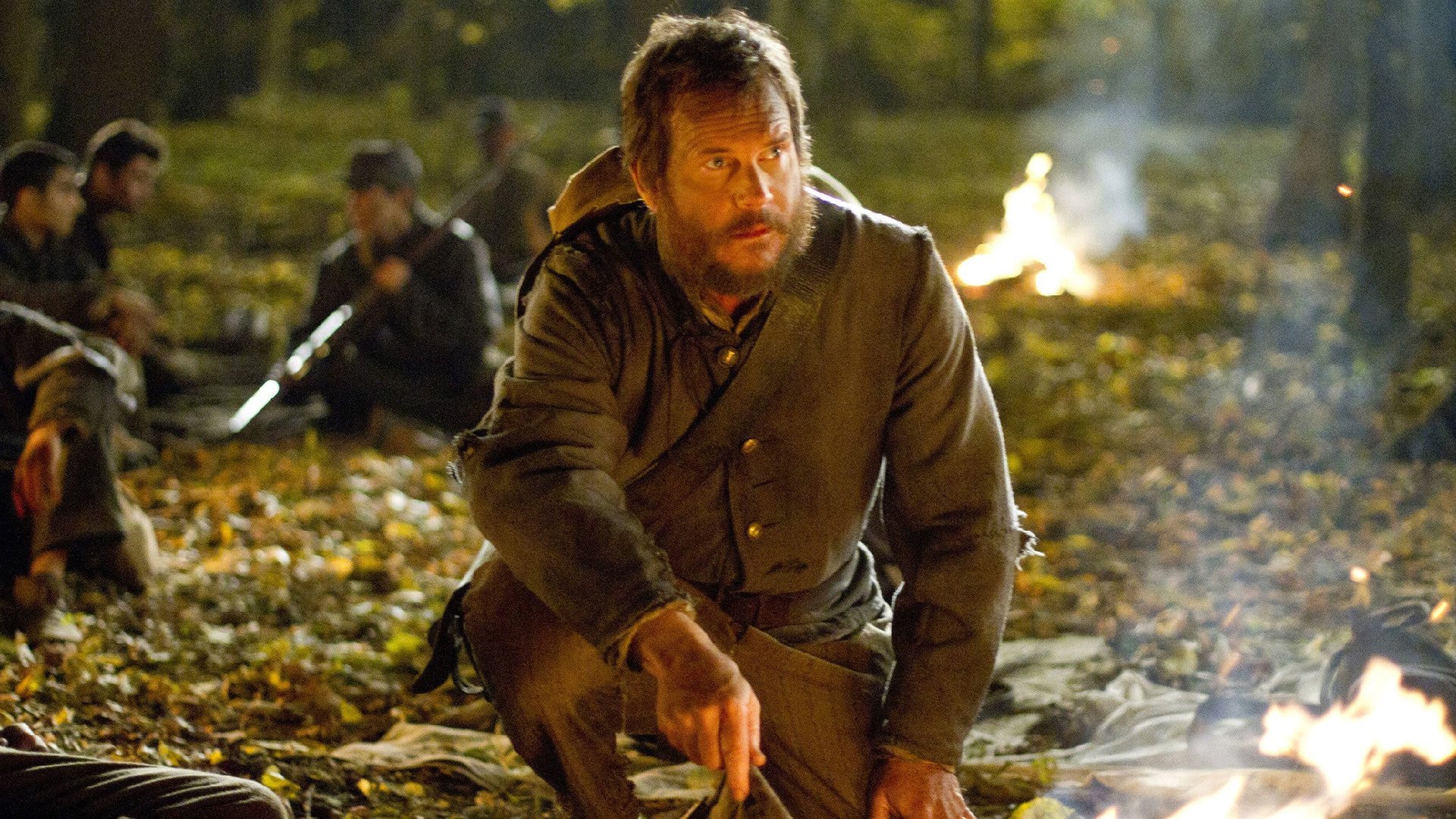Why the miniseries is the future of television
There are a lot of great television shows right now, and viewers are starting to be overwhelmed by all of their options, says Michael Lynton, CEO of Sony Corporation of America and Sony Entertainment.


There are a lot of great television shows right now, and viewers are starting to be overwhelmed by all of their options, says Michael Lynton, CEO of Sony Corporation of America and Sony Entertainment.
“There is a point, in my opinion, where people—and it’s already happening—where people are saying ‘Enough!'” explains Lynton. “And you say, ‘Am I really going to devote three, four, five years of my life to another show about another dysfunctional guy doing another thing?'”
Speaking today at the Aspen Ideas Festival (co-organized by Quartz’s sister publication The Atlantic), Lynton said this will lead to a shift in the form of programming away from the traditional 13-hour season for TV series:
“What’s returning in my opinion is the miniseries….You saw it with ‘Hatfields and McCoys.’ And you saw more recent examples with other quality versions where you say to the consumer, ‘You don’t have to devote five years of your life, you don’t even have to devote a year of your life. All of you have to give us is six hours, eight hours.’
Great writers and directors will respond even better to a six-hour or eight-hour story arc than they would over committing their life to five years of 13 hours.”
It’s a bit of back to the future for the North American TV industry, which saw a boomlet in miniseries starting in the 1970s, with the likes of “Roots” and “Jesus of Nazareth.” Miniseries—also known as serials in the UK—eventually became less popular with US TV networks because of their cost.
Lynton and others attribute any recent improvement in the quality of TV shows at least partly to the internet and DVRs permitting viewers to catch up on episodes of favorite series that they might have missed. This allows TV writers and directors to have more complicated plots that require viewers to follow them through the full course of the series, without the need to essentially complete a story line in a single episode or two. As Lynton explains:
“You can have these open-ended dramas which you couldn’t have in the past because if you missed an episode of ‘The Wire’ that was it, you were out of the mix. And now all of a sudden you have these writers coming in who would like to create these 13-hour character arcs. Much better than creating a two-hour arc for television. And so you have this huge boom in dramatic television.”
Speaking alongside Lynton today, Twitter CEO Dick Costolo concurred: “The ability to catch up has created the opportunity to make these kind of shows.”
You can watch a video of the full discussion here: